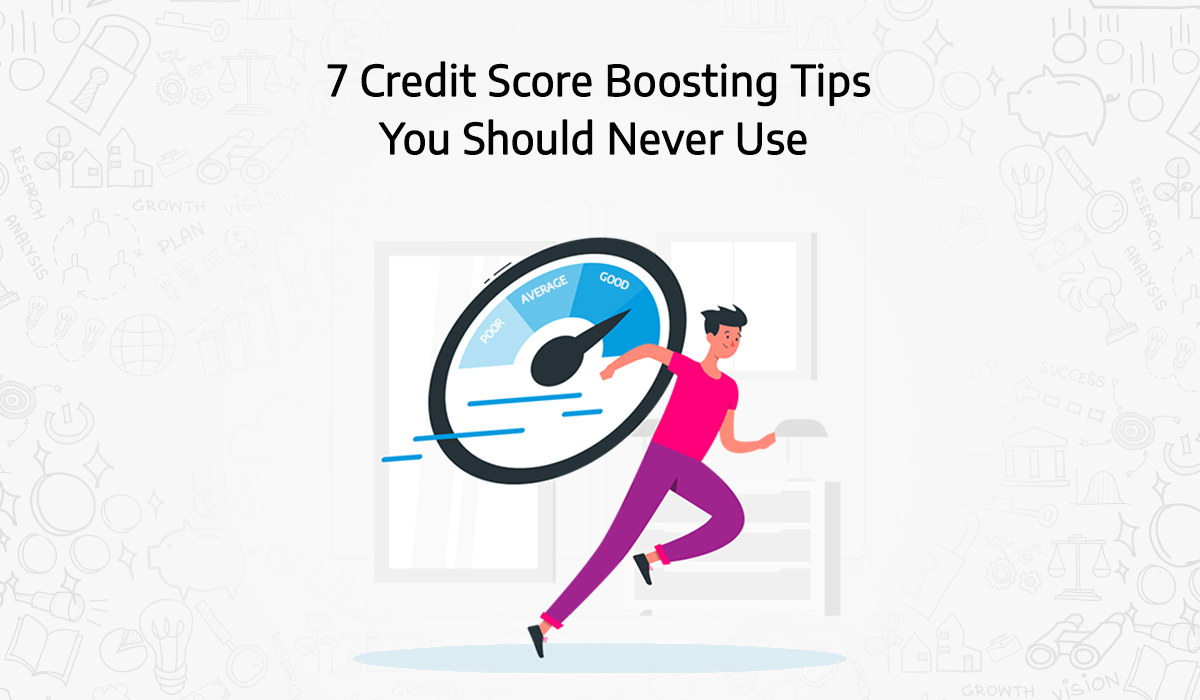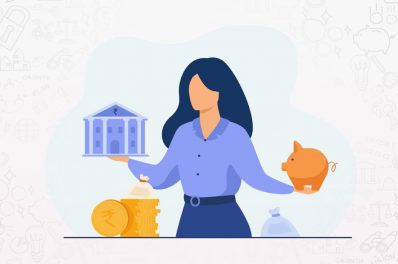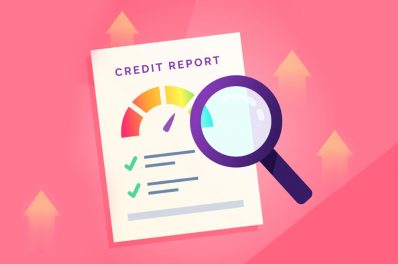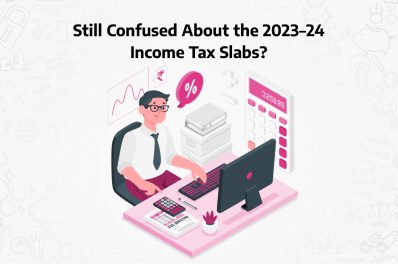
Your credit score is one of the most crucial factors lenders consider while scanning through your loan application. Ranging from 300 to 900, your credit score indicates your payment history, credit habits, and creditworthiness. Most lenders ask for a credit score of 630 or above to approve your loan application. Check your Experian credit score, If it is less than 630, you must be reading books and taking suggestions to improve it quickly.
However, remember that many people out there may give you wrong financial advice that can reduce your credit score even further. These are some of the worst pieces of advice you should steer away from for efficient credit score improvement.
Carry Your Balance
Many people may advise you to carry your balance and pay only the interest every month. This strategy is simply wrong; still, many people believe in it. The better way would be to pay your credit card balance in full and retain that card. Make a small purchase using that card and pay its bill in full before the last date. By doing this, you will not only avoid paying any interest but also improve your Experian credit score over time.
Pay Off Your Debts Using Your Savings
Some may advise you to pay off your debts from your savings account. However, such a step can make you debt-free only temporarily. When your car breaks down, or you want to meet another expense, you will have no savings in your account and go back into debt.
So, eventually, you will be left with new debt and no savings. As a general rule of thumb, you set yourself up for financial failure when you do not have emergency cash in your account. So, keep your savings as far as possible.
Max Out Your Credit Cards and Pay Them to Prove that You Can Repay it
One bad piece of advice is maxing out your credit card and paying it in full to prove that you can repay it. However, using credit and then paying it may even worsen your credit score by increasing your credit utilisation ratio.
Lenders want to see that you do not depend on credit to meet your everyday expenses. If you have the habit of maxing out your credit cards, you may pose yourself as a credit-hungry borrower, which may affect your credit score. Keep your credit utilisation ratio low by not spending more than 30-40% of your credit limit.
Close Your Old Accounts
If you have too many cards, it makes sense to close the ones you do not use anymore. It seems to be a correct piece of advice, but it is not. Your credit score calculation is based mainly on how long your credit history has been. So, closing your old accounts may shorten your credit history, and it may appear that you have just started building your credit. Lenders prefer borrowers with a long history of successful credit management.
Don’t Take Any Credit
The worst credit advice you can receive is not to take any credit in the form of credit cards or loans. Lenders want to see successful management of credit over your credit length. Not taking any credit will only result in no credit history and zero credit score.
The key is to diversify your credit profile with different short-term, long-term, secured, and unsecured loans and credit cards, and pay them off on time to prove your creditworthiness. Having no credit history is not a way to impress lenders.
Apply for a Loan to Multiple Lenders
If you are looking for a loan, some people may advise you to apply to multiple lenders. They think that if some lenders reject your loan application, at least a couple of them may approve it. However, this is the dumbest credit advice you may get. When you apply for multiple lenders at a time, all of them make hard enquiries on your credit report and come to know that you have applied for several loans.
You pose yourself as a credit-hungry borrower by doing this and ultimately get rejections from all of them. Besides that, you also hurt your credit score due to several hard enquiries. So, it is advisable to compare lenders and apply for one that best suits your requirements and preferences.
Also Read: Five Habits That Can Reduce Your Credit Score And Loan Eligibility
Be Patient
In life, waiting for the right time is of essence. Many best things do not happen instantly. However, when it comes to credit, it is a different situation when you cannot afford to wait with patience. Your due date is your commitment to the lender, and they always deserve payment on time. An overdue debt becomes more difficult to pay with each passing day. So, find out your due amount and pay it off immediately to bring your credit back on track.
So, these are some of the worst pieces of advice you can ever get about credit management. Be regular with your payments, retain your old accounts, and keep your credit utilisation ratio low to maintain your credit score and improve it over time. Check your online credit score and watch it improve by using these useful tips. Once you achieve an Experian credit score of 630 or above, you become eligible to apply for a personal loan. Check our simple eligibility conditions and apply for your preferred loan option now.
For any queries, find us on Facebook, Instagram, LinkedIn, Twitter, or WhatsApp.You can also reach us at hello@clix.capital.com or call us at +91-120-6465400.T&C Apply*.








